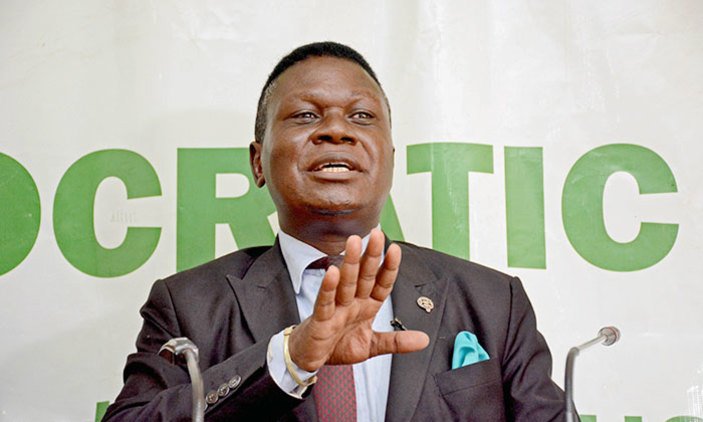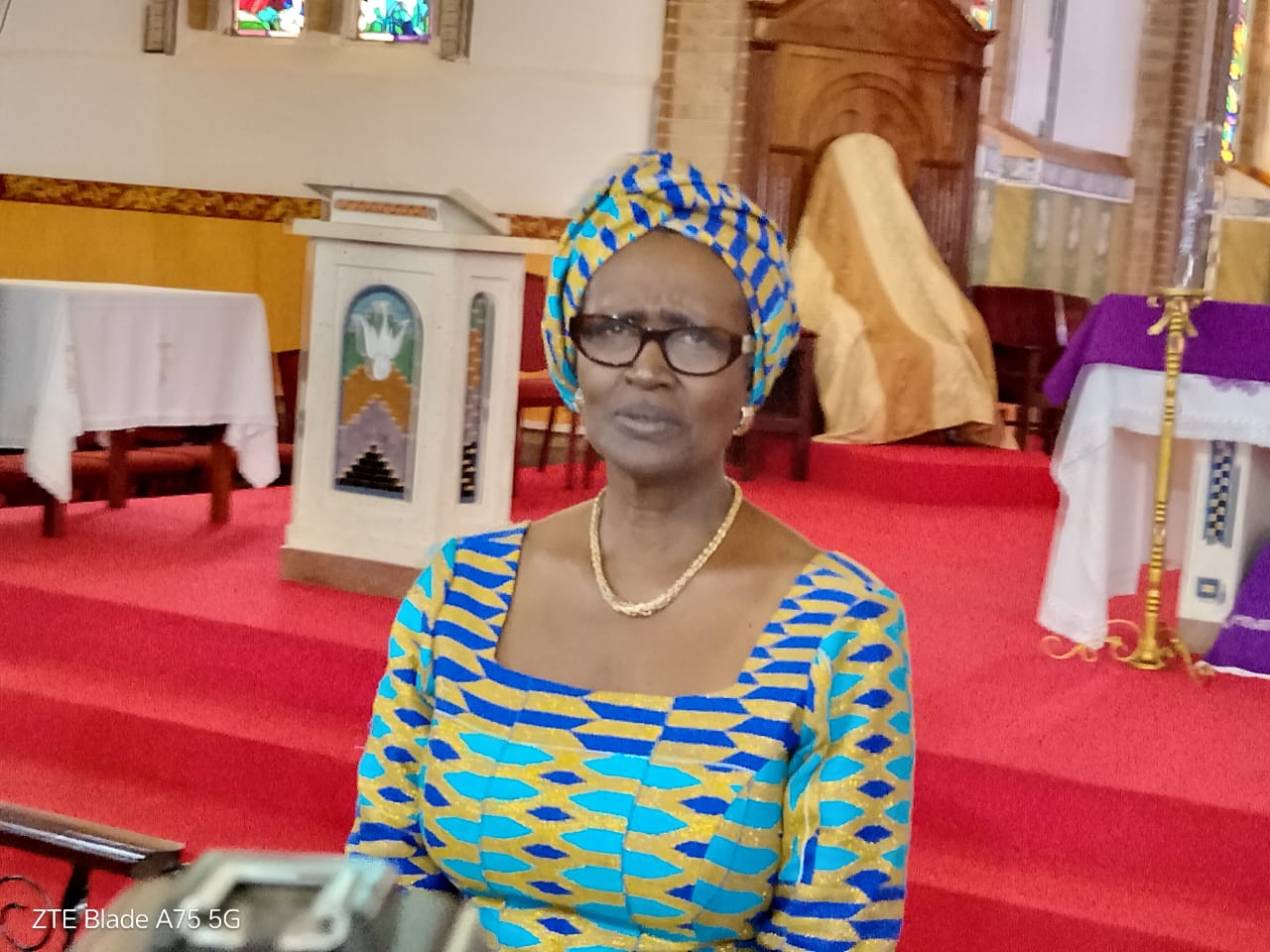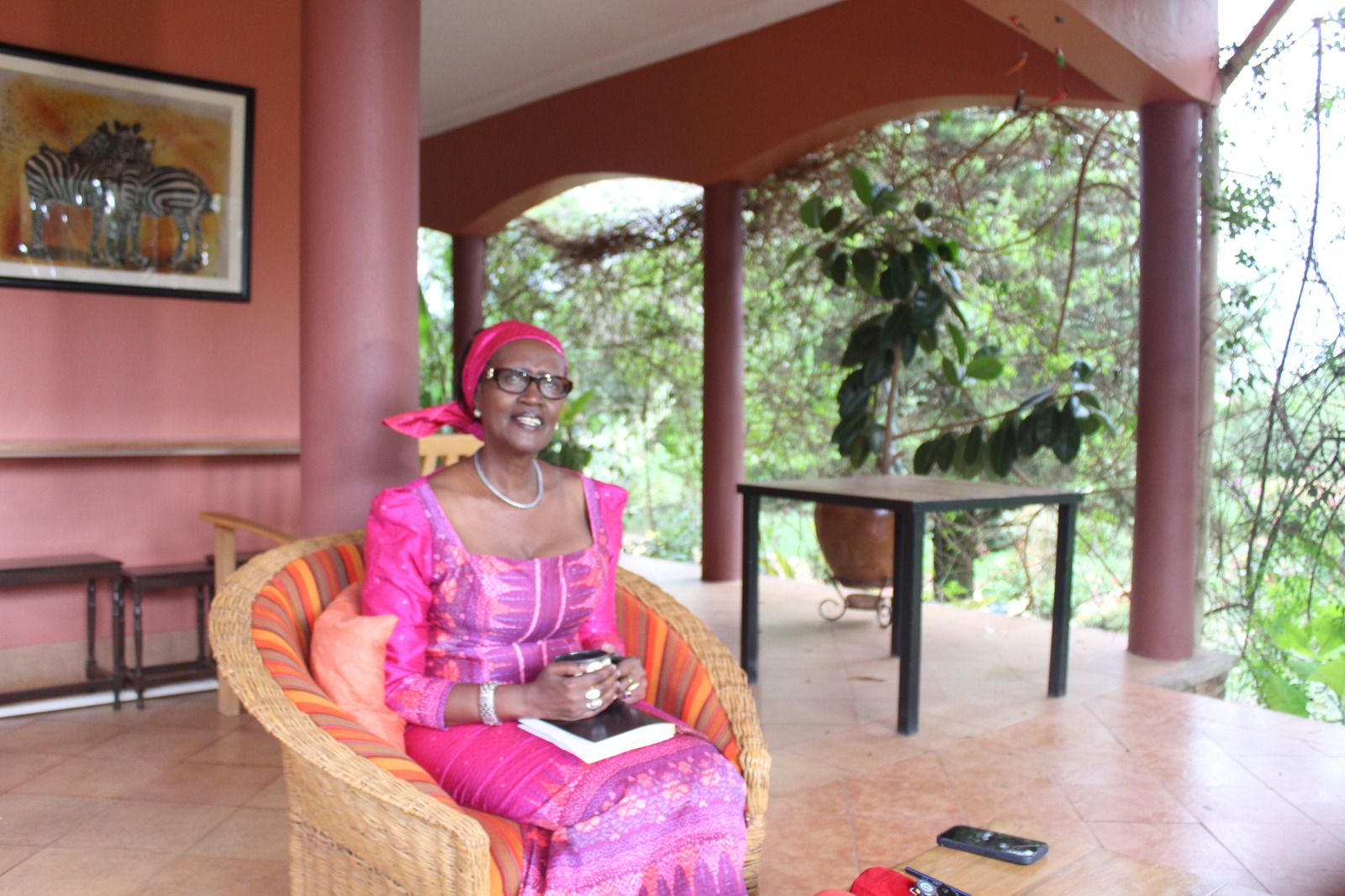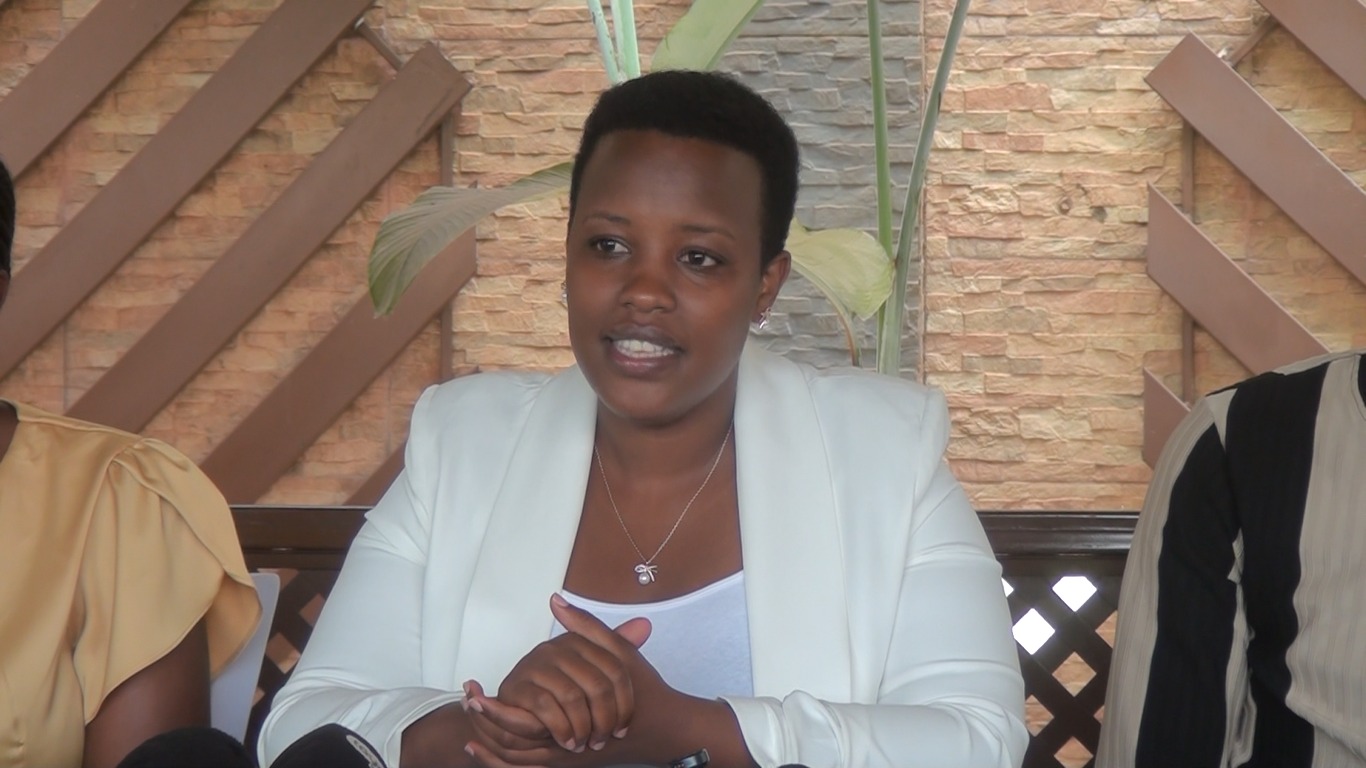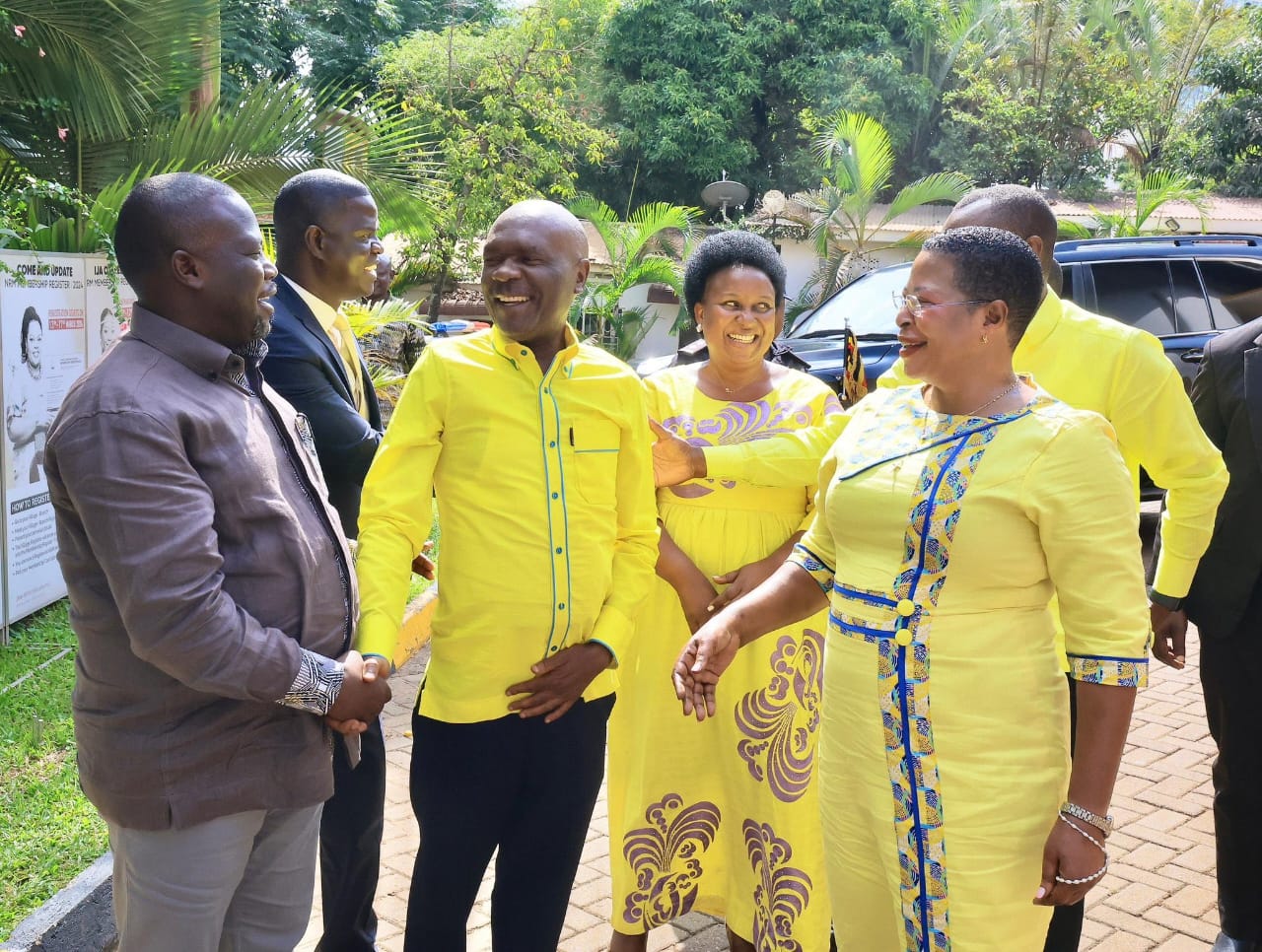Norbert Mao was re-elected as the president general of the Democratic Party (DP) in a drama filled delegates conference where some may argue that the very concept of democracy was ‘thrown out of the window.”
Mao defeated his main challenger Dr Lulume Bayiga handidly but the conference, meant to be a democratic exercise to shape the party’s future, descended into chaos, marked by physical clashes, allegations of electoral manipulation, and procedural irregularities.
First, Richard Sebamala, one of the candidates, was disqualified on the grounds of not meeting the party’s requirements, including the stipulation of having been an active member of the party for at least 10 years.
Secondly, the results were announced before a limited number of delegates after ballot boxes were ferried from the main venue.
Kennedy Mutenyo, who presided over the messy elections acknowleged that challenges had marred the event.
“We had some difficulties, including attempts to disrupt the conference by those who claimed we had sold the party. But with the success of this election, the answer is now clear,” he said.
Founded in 1954, the DP has been a significant player in Ugandan politics.
Yet under Mao’s leadership since 2010, the party has struggled to maintain relevance in a political landscape dominated by President Museveni and the National Resistance Movement (NRM).
Mao’s 2022 cooperation agreement with the NRM, which saw him appointed as minister of Justice and Constitutional Affairs, has drawn heavy criticism, with many accusing him of compromising the DP’s opposition credentials.
The Mbarara conference was a critical moment for the DP to redefine its identity, with only 30 delegates eligible to vote. Candidates included Mao, Bukoto Central MP Richard Sebamala, Buikwe North MP Michael Lulume Bayiga, and Northern Uganda DP Vice President Alia Alita.
Sebamala had emerged as a reformist challenger, gaining support for his anti-corruption stance and pledge to restore the party’s independence.
Tensions furst erupted before the conference, with chaos breaking out at the DP headquarters in Kampala on May 28, 2025, as supporters of rival candidates clashed over claims that Mao had manipulated the delegate list to favor his loyalists.
Sebamala’s camp alleged their supporters were excluded and invalid membership cards were used to control votes, deepening mistrust. Police intervened to prevent the closure of DP offices, underscoring the intensity of the conflict. In Mbarara, the conference saw further drama.
On May 31, Mao faced public humiliation when delegates heckled him during a midnight speech, signaling rejection of his leadership.
The voting process was chaotic. On June 1, disqualified candidates, including Sebamala, demanded refunds, leading to physical altercations that saw ballot boxes kicked. During vote counting, security personnel and Mutenyo abruptly moved ballot boxes from the tally center to the Asamar Country Resort Main Hall, citing the expiry of the tent rental contract.
Delegates claimed this was a deliberate attempt to rig the election, as the move lacked transparency and violated electoral procedures. Despite these irregularities, Mao was declared the winner, securing his fourth term.
The chaotic conference undermines the DP’s claim to champion “truth and justice,” as Mao has often asserted. The exclusion of some candidates and allegations of vote tampering risk alienating grassroots supporters and weakening the DP’s influence, particularly in areas like Buganda where it has lost ground to the National Unity Platform (NUP).
Yet DP’s troubles reflect broader challenges facing Uganda’s opposition under Museveni’s rule since 1986, marked by patronage, electoral manipulation, and suppression.
Mao’s alignment with the NRM has alienated members seeking a return to the DP’s mission as a counterweight to authoritarian rule. Sebamala’s reformist agenda resonated with delegates, but his disqualification suggests entrenched interests prioritize loyalty over leadership renewal.
This could diminish the DP’s relevance as younger opposition figures like Robert Kyagulanyi and the NUP gain traction among Uganda’s youth.
To recover, the DP must ensure transparency in future elections, and counter allegations of NRM interference. Mao’s controversial leadership may deepen divisions and drive away reformist voices.
With the 2026 elections approaching, a fragmented opposition risks repeating the failures of 2021, when Museveni secured a sixth term amid irregularities.
The Mbarara conference was a stark reminder of the challenges facing Uganda’s opposition. What should have been a democratic exercise turned into a spectacle of chaos and division, culminating in Mao’s controversial re-election.
Many have concluded that in Mbarara, the Democratic Party threw “democracy out of the window.”



